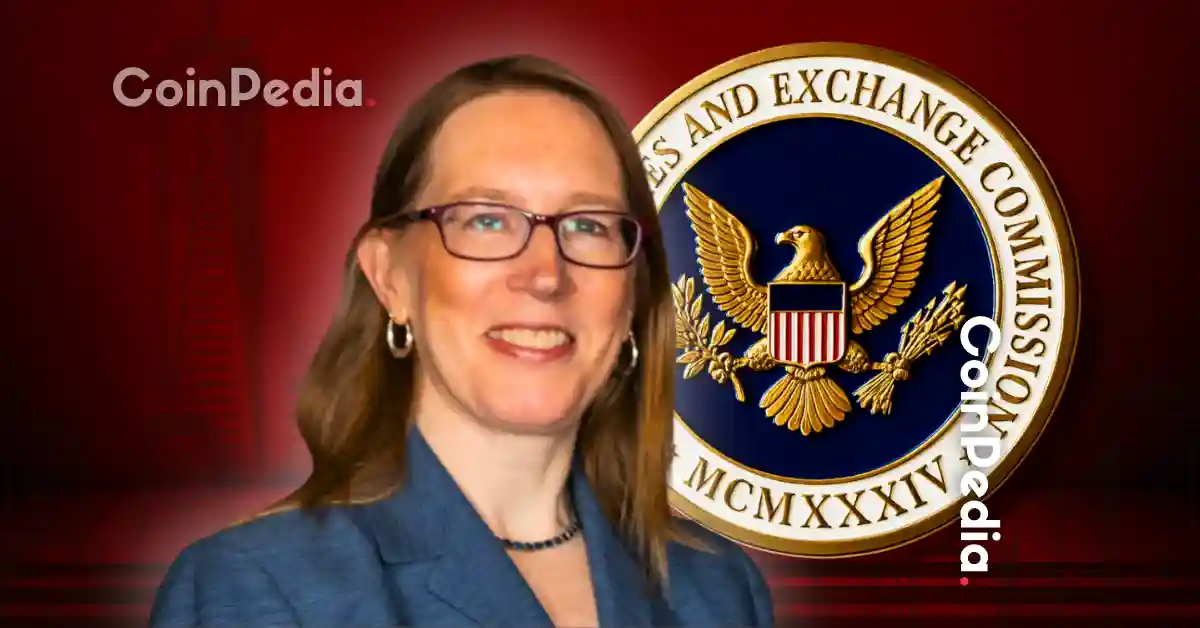
August turned into a landmark month for Ripple and the XRP ecosystem after the U.S. Securities and Exchange Commission formally ended its multi-year case accusing Ripple Labs of offering unregistered securities. The lawsuit, originally filed in December 2020 near the end of President Donald Trump’s first term, targeted Ripple’s sales of XRP and set off one of the most polarizing legal battles in the digital asset industry.
In a recent interview with Thinking Crypto, SEC Commissioner Hester Peirce shed rare light on why the case was brought in the first place and why she herself never supported it.
When asked directly why the SEC chose to sue Ripple at that moment in time, Peirce made it clear that she cannot speak for the agency’s full reasoning. She reminded that she did not back the lawsuit and therefore cannot explain the internal motives behind it.
Peirce said the case was part of a broader enforcement-driven approach that she has long been uncomfortable with. In her view, the SEC was using enforcement actions to create rules instead of building a proper regulatory framework for digital assets. She described the early crypto era as a difficult landscape where innovation was moving faster than regulation, and she believes the SEC should have taken a more constructive approach.
According to Peirce, the healthier path would have been to examine how different projects were offering their tokens and work toward a system that encouraged better disclosures while giving market participants clear choices rather than punishing innovation through litigation.
Commissioner Peirce also commented on Judge Analisa Torres’s highly influential ruling in the Ripple case, where the court found that XRP is not a security when sold on secondary markets, but certain institutional sales by Ripple did fall under securities law.
The ruling is legally nuanced and should be read carefully, but its core message is important: a digital token is not automatically a security. Instead, the legal focus is on how the token is sold and the terms of that sale. A token can appear in both non-security and security transactions depending on the surrounding promises, expectations, and structure.
Peirce said the ruling pushed both Congress and the SEC to think more deeply about what rules make sense for modern digital markets. With legislative proposals like the Clarity Act now in discussion, she believes the Ripple case will heavily influence how new frameworks are written.
The cryptocurrency market staged a strong rally today, with Bitcoin climbing past $73,000 and lifting…
The crypto market is showing renewed strength after Bitcoin broke above its recent consolidation range.…
Bitcoin just outperformed the S&P 500, Nasdaq, and gold during a full scale geopolitical crisis,…
After a few unsuccessful attempts, the Solana price hits the $90 threshold, raising bullish possibilities…
Why is Bitcoin up today? Because the same whales who watched retail traders panic sell…
As the cryptocurrency market continues to evolve, more investors are asking an important question: How…